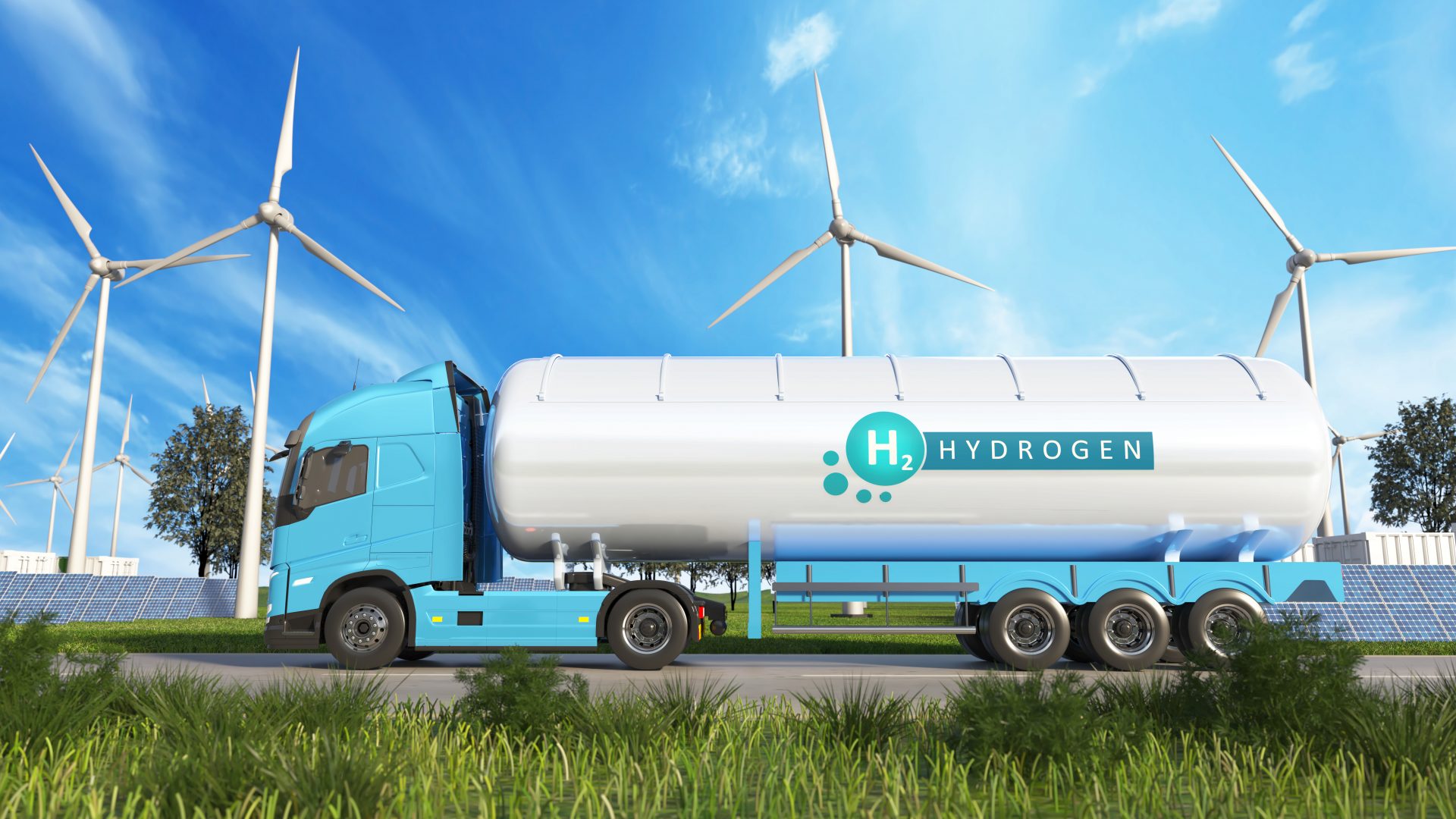Green Hydrogen Diplomacy for South Africa's Economic Growth
Key Ideas
- South Africa should focus on attracting investment for green corridor development and public-private partnerships in infrastructure to boost its green hydrogen sector.
- Developing a regulatory framework for green hydrogen trade can facilitate international partnerships and trade agreements for South Africa.
- Implementing a community-centric social acceptance strategy for green hydrogen projects is crucial in ensuring local buy-in and long-term success.
- Despite fiscal challenges and debt sustainability concerns, South Africa's potential as a low-cost green hydrogen producer makes it an attractive partner for international collaborations.
South Africa is strategically positioned to leverage green hydrogen as a catalyst for economic growth through a focus on attracting investments, developing a regulatory framework, and implementing community-centric strategies. The article highlights the importance of trade-focused initiatives to capitalize on the global interest in green hydrogen. Despite challenges such as the high cost of production and lack of domestic demand, South Africa's renewable energy resources and competitive advantage make it an attractive partner for international collaborations. Partnerships with the EU and Japan signify a step towards becoming a leading green hydrogen exporter. By prioritizing a trade-oriented approach, South Africa can create a sustainable green hydrogen ecosystem and drive inclusive growth. However, fiscal challenges and debt sustainability concerns require careful management. The article emphasizes the need for South Africa to balance international partnerships with local socio-economic benefits to ensure a successful green hydrogen transition.
Topics
Europe
Investment
Energy Transition
Regulatory Framework
International Partnerships
Fiscal Challenges
Socio-economic Strategy
Trade-focused
Local Benefits
Latest News
